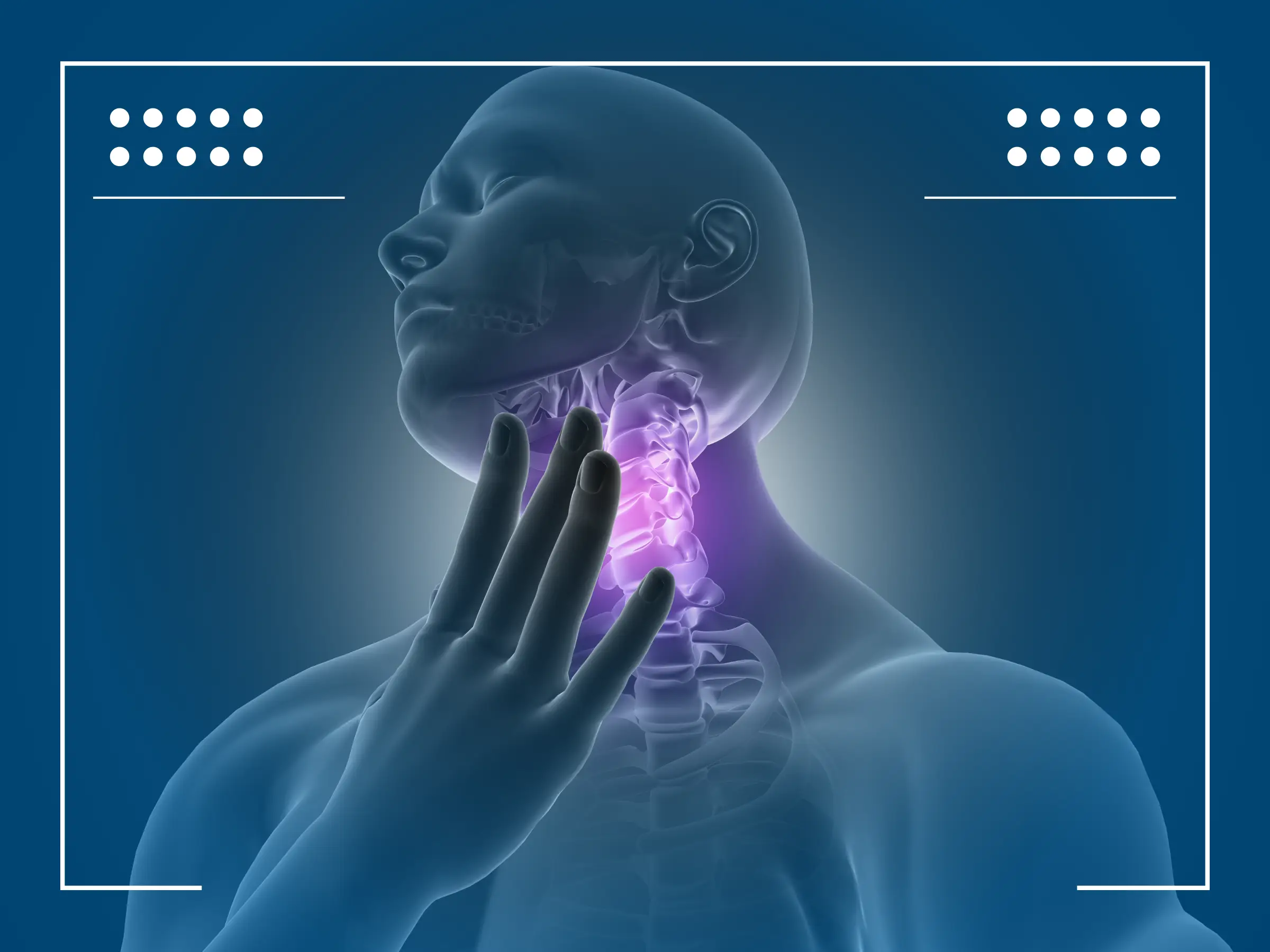Understanding Hilar vs Mediastinal Lymph Nodes
The hilar lymph nodes and mediastinal lymph nodes are both located in the chest but serve slightly different roles in the lymphatic system. Hilar nodes are found at the pulmonary hilar lymph nodes area—the root of the lungs near the bronchi—while mediastinal nodes are situated in the central part of the chest between the lungs. Understanding the anatomical and functional distinctions between these two types is critical when evaluating lung diseases. For instance, right hilar lymph nodes may enlarge due to infections, whereas mediastinal nodes are more commonly involved in systemic diseases. Radiological and pathological assessments help clarify which group is affected and guide treatment approaches.
Common Conditions Associated with Hilar Lymph Node Enlargement
Several medical conditions can lead to enlarged hilar lymph nodes, ranging from infections like tuberculosis to autoimmune diseases such as sarcoidosis. However, one of the more concerning causes is cancer, especially lung cancer. Hilar lymph nodes cancer symptoms often overlap with general pulmonary symptoms, including persistent cough, chest pain, and difficulty breathing. Both left hilar lymph nodes and right-sided hilar nodes can become swollen depending on the disease’s origin or spread. In some rare cases, hilar lymph nodes cancer may also involve metastatic lesions that signal disease progression. Early identification of these causes can significantly impact prognosis and treatment success.
Imaging Techniques for Evaluating Hilar Nodes
Medical imaging plays a central role in the evaluation of hilar lymph nodes enlarged due to various conditions. Techniques like chest X-ray, CT scans, and PET scans are commonly used to assess changes in node size, shape, and density. These tools help detect enlarged right hilar lymph nodes, which may not always cause noticeable symptoms but could signal an underlying problem. Radiologists also analyze whether nodes show calcification or signs of malignancy. Accurate imaging is especially important for monitoring changes over time and for deciding whether further investigation, like a biopsy, is required.
Biopsy or Monitor? What Happens When Hilar Nodes Are Enlarged
When hilar lymph nodes are found to be enlarged, the next step often depends on the underlying cause. If imaging reveals a suspicious pattern or if the patient has known cancer, a biopsy may be performed. On the other hand, if the enlargement is likely due to a benign cause, clinicians may opt to monitor the nodes over time. Knowing what causes enlarged hilar lymph nodes helps determine the best course of action. For example, a temporary swelling caused by infection may resolve without invasive procedures, while persistent swelling might warrant further investigation.
FAQ
Where are hilar lymph nodes located?
Hilar lymph nodes are located at the root of the lungs, near the bronchi, where the pulmonary vessels and airways enter and exit.
What causes enlarged hilar lymph nodes?
Enlarged hilar lymph nodes can result from infections, lung cancer, sarcoidosis, or chronic inflammatory conditions such as tuberculosis.
Can hilar lymph nodes indicate cancer?
Yes, enlarged hilar lymph nodes can be a sign of cancer, particularly lung cancer or metastases from nearby thoracic structures.
How are abnormalities in hilar nodes diagnosed?
Abnormalities are usually diagnosed through imaging techniques like chest X-rays or CT scans, and confirmed with biopsies if needed.
What is the difference between hilar and mediastinal lymph nodes?
Hilar nodes are at the lung root, near the bronchi, while mediastinal nodes are located centrally between the lungs in the chest cavity.
Do all enlarged hilar lymph nodes require biopsy?
Not all enlarged hilar nodes require biopsy; some can be monitored, depending on size, symptoms, and associated clinical findings.
